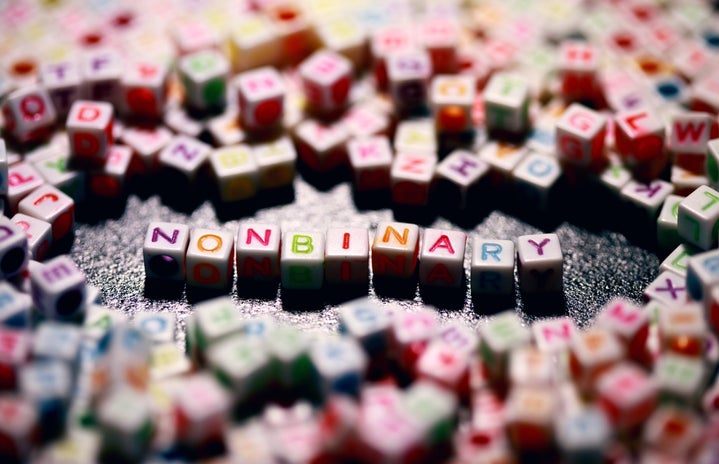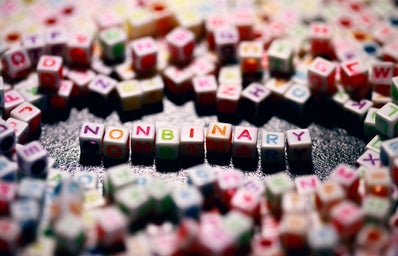The term nonbinary came around in the 1860s, though it was mainly used for not being restricted to two things or parts. Over recent years, you’ll most likely hear the word nonbinary when someone is talking about their gender identity; someone who doesn’t claim themselves as either male or female.
Celebrities such as Sam Smith (singer), Sasha Velour (drag queen), and Cara Delevigne (model) came out of the closet as nonbinary. There were obviously split opinions in the media about these celebrities publicly stating their identity; some were against it because homophobia and cissexism are unfortunately a thing, and some were happy and proud of them to be able to confidently say who they are. Surprisingly enough, most discourse nowadays occurs on Twitter, leading to certain keywords and hashtags to trend for a day or two—just like the Public Universal Friend, or The Friend when they trended on Twitter back in 2019.
Note: We will be referring to The Friend as they/them as a way to pay respect.
In 1776, a young American woman in Rhode Island, specifically the Baptist community of Cumberland, named Jemima Wilkinson obtained a deadly disease, and she, unfortunately, passed away on the 11th of October.
Well, she died for a second. Literally.
Wilkinson suddenly recovered and claimed that when she died, God reanimated her body and had a divine spirit, that was nonbinary, entrusted within Wilkinson. Thus, the name Jemima Wilkinson was no longer used. Instead, the name Public Universal Friend was used because they claimed that was the name given to the resurrected body during The Friend’s temporary death.
The Friend then managed to recruit members for the Society of Universal Friends, which was honestly very similar to the Orthodox Quakers in terms of praising and spreading the message of God. Except, they did things in a genderless manner which is very cool, and they were also opposed to umm… doing the deed. Despite the arguable cult-like behavior exhibited, the Society of Universal Friends were massively influenced by the Friend with their androgynous clothing styles, as well as their advocacy on gender equality. As women had little to no rights in early American society, The Friend was able to encourage unmarried women to perform the same tasks and work like men. Soon enough, The Friend’s passion and charisma managed to attract more members into the Society of Universal Friends i.e. academics and elites. The Society of Universal Friends managed to survive and thrive with the lead of The Friend and even had the opportunity to settle in New York. However, society eventually disbanded when The Friend “left time.”
So, what’s important about this?
Well, there’s honestly quite a lot of different reasons. Because this article is already too long, I’ll just be sharing my thoughts on why The Friend is significant to the queer community.
Although The Friend devoted their life to God, they additionally presented gender-bending challenges to the American society. Nonbinary individuals today can actually feel a sense of comfort and joy knowing that they have their own history. In fact, this does not only limit to the Public Universal Friend. There were already so many nonbinary people in various different indigenous cultures like the Two-Spirit Community (or winkt/ nàdleehéi). Perhaps The Friend advocated for genderfluid customs and preached religion, as well as taught women how to adapt to a domestic lifestyle during the American Revolution. Sure, PUF’s society was cult-like because only unmarried women and gender-bending clothing were allowed. Then again, that’s not the point of this article. The significance of PUF is that nonbinary individuals do have a history. Just because you identify as nonbinary, or another gender and/or sexuality, doesn’t and won’t mean you cannot practice religion or your country’s traditions.
At the end of the day, gender-nonconforming people existed and impacted their society, and that’s pretty darn cool. Also, the fact that PUF can also sound like a cute little dragon is simply exciting and delightful, but that’s probably just me.


